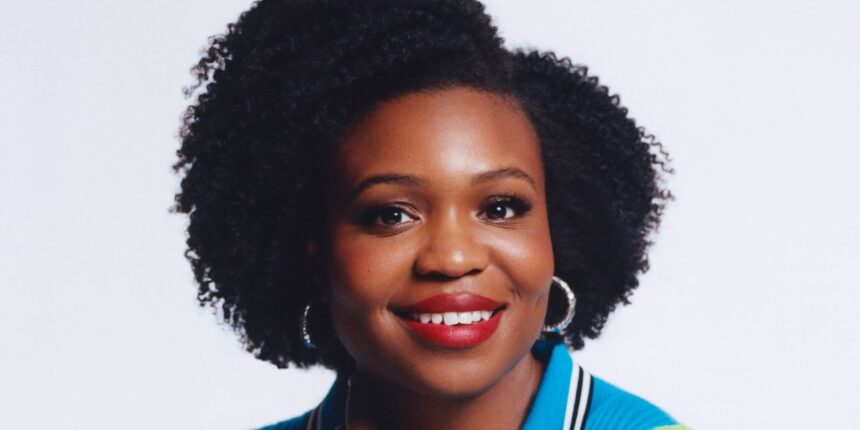When I took on this position in January, I had one niggling question: Can SELF be size-inclusive and still talk about weight loss?
I think it can.
So, SELF is shedding once again. While we are fully committed to self-love at every size—and equitable, discrimination-free health care for all—we also need to address where the world is in 2025. Because here’s the truth: We live in an era where GLP-1s are a large part of our medical and social zeitgeist, whether we like it or not. In my mind, completely ignoring that conversation—the social, mental, and public health implications of it—is doing a disservice to our readers, many of whom probably know someone taking a GLP-1 medication or have considered doing so themselves…if they’re not already on one. At its core, SELF is a health and wellness service publication. We deliver service—not judgement—to all of our readers, helping them live healthier lives wherever they are in their personal evolution.
The FDA approvals of Wegovy (a semaglutide) and Zepbound (a tirzepatide) specifically for weight loss have been arguably the most talked-about and hotly debated subjects in medicine since the COVID vaccine, and these drugs are changing our culture deeply. I know it firsthand: Three years ago I found myself in a place where stress had triggered my worst habits—way too much DoorDash, poor-quality sleep, and a nonexistent workout schedule—and I ultimately gained 40 pounds. In 2023 I vowed to return to my healthiest self, and in an effort to get back on track, I started a cycle I knew all too well: calorie deficits, HIIT and strength training sessions five days a week, and alcohol celibacy. A month in, feeling like a failure because I wasn’t seeing any progress, I called my mom, an ob-gyn, to ask: “Should I consider the shot?” She swiftly dissuaded me, reminding me that we don’t know the long-term effects of these drugs.
Even after losing 25 of those 40 pounds, I am considered to have obesity, which the World Health Organization defines as “abnormal or excessive fat accumulation that presents a risk to health” as well as a body mass index, or BMI, over 30.
But BMI is an extremely flawed metric—we already know this. And I’m healthy according to all the standard medical tests, strong as hell (with a squat PR of 165 pounds to prove it), and gloriously curvy. This is where science fails us.
We still don’t have the proper language to talk about weight. But we do know that excess weight is correlated with health issues like high blood pressure and type 2 diabetes—SELF senior health writer Erica Sloan dives more into this here. And we also know that losing weight isn’t a fast track to eliminating all of your health issues. Eventually, I started to see my own weight as just one of many data points I can use to assess my well-being. Obese isn’t who I am; it’s a risk factor that I have.
The truth is you can be healthy at every size. Health isn’t about weight—it’s about movement, a balanced meal plan (that includes everything from kale to KitKats), quality sleep, and, of course, mental health check-ins. It’s about feeling good, whatever that means for you. For me, that means prioritizing stretching and mobility, lifting heavy, learning to run, sleeping much more, cooking my own meals, and giving up alcohol. What does that look like for you?
Read the full article here



